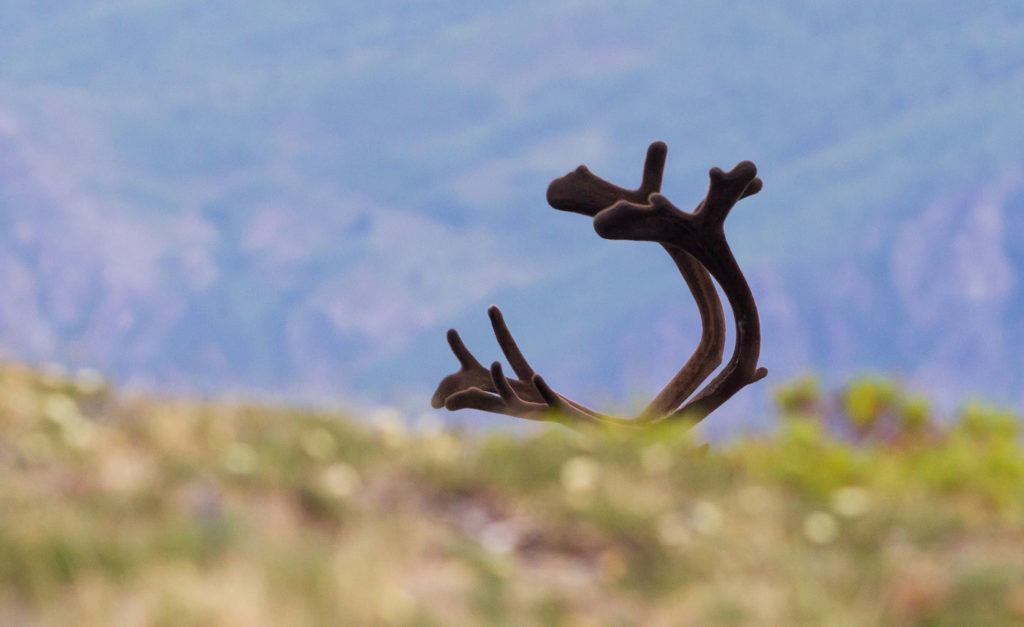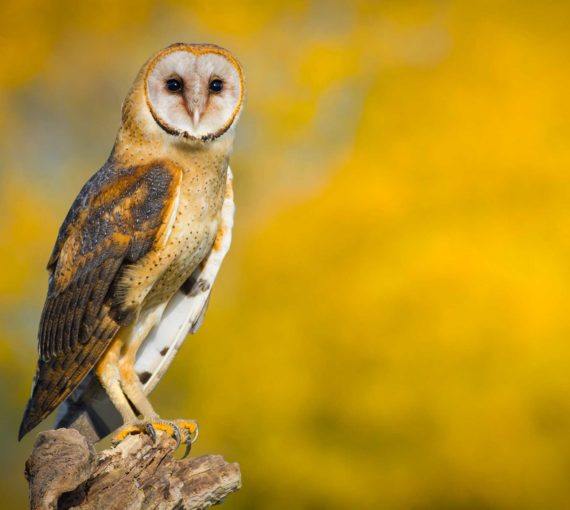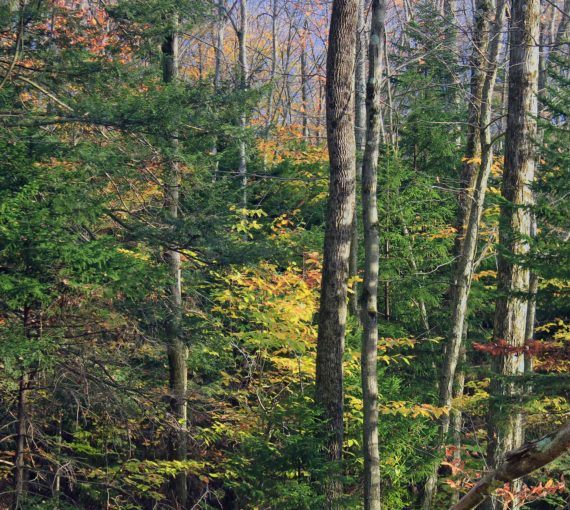
Over the past decade, a conversation has played out in the scientific community about the ethical implications of intentionally causing the extinction of disease-bearing mosquitoes. Many scientists believe the world could likely survive just fine without them, while others point to the many unknowns in functioning ecosystems. For example, researchers recently discovered that the biting midge is the only known pollinator of cacao. If it were eradicated, we would (gasp!) lose chocolate.
There have been other intentional attempts at extinction. Witness the actions of the American army in the 1870s to wipe out buffalo on the Great Plains, as a way of forcing the Sioux, Kiowa and Comanche tribes onto reserves. The buffalo once numbered over 30 million but were very nearly driven to extinction as a result of commercial trade and a directive by the army to starve Indigenous peoples and destroy their traditional way of life.
Some historical extinctions blur the line of intentionality. Passenger pigeons, which summered in Canada, used to be plentiful, but North Americans hunted them until they became scarce, and continued to hunt them in the late 1800s when their population was in peril, until they were wiped out.
But how are we to judge extinction caused not by our intent but by our apathy? Great thinkers have opined that apathy is not only a passive state; it can serve to enable negative actions.
At what point is our apathy not merely passive but an active turning away from our collective responsibility to steward the planet on which we all depend?
According to Albert Einstein, “The world will not be destroyed by those who do evil, but by those who watch them without doing anything.” In the words of Martin Luther King, “To ignore evil is to become an accomplice to it.” In Jane Goodall’s opinion, “The greatest threat to our future is apathy.”
While historical extinction events had natural causes (erupting volcanoes, or the impacts from meteors, comets or asteroids), the sixth mass extinction, which we are currently in the midst of, is the first one caused by one species upon its fellow creatures.
What does it mean if we do nothing while our provinces let development proceed unchecked where wildlife needs to survive? If, for example, in Ontario, we fail to hold the province responsible for merely reducing ongoing impacts on wildlife habitat instead of protecting it, or for proposing a system where operators can contribute money to a “conservation bank” and continue their destructive activities in wildlife habitat?
At what point is our apathy not merely passive but an active turning away from our collective responsibility to steward the planet on which we all depend?
Elie Wiesel wrote, “The opposite of love is not hate, it’s indifference.” Does it not follow that love and action are deeply entwined? One thing is certain: We currently face numerous crises — climate, social and biodiversity. It is easy to tune out, but our apathy only serves to uphold the status quo. Action is the best antidote to despair, and the only path toward change. It’s time to face the problem and call on our government to do better for wildlife.
This op-ed was originally published in The Star.
Ontario’s species at risk are under attack. You can help




